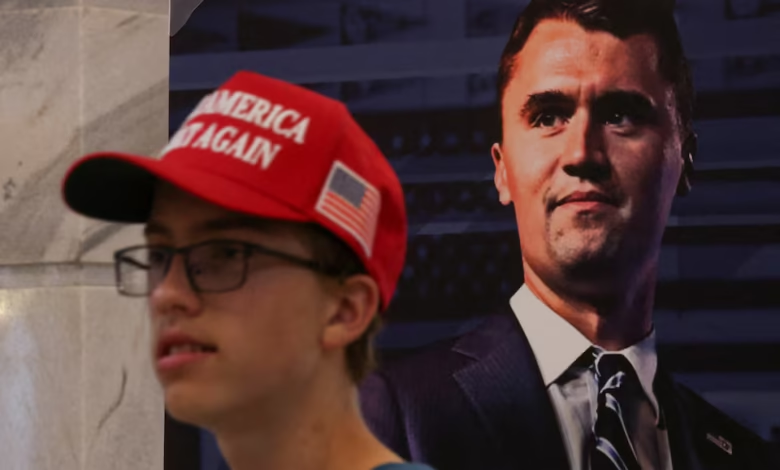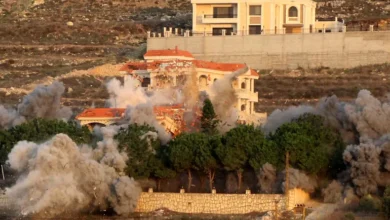Charlie Kirk Assassination Sparks Fears of Escalating Political Violence in U.S.

The fatal shooting of conservative activist Charlie Kirk at Utah Valley University has raised concerns among experts about an intensifying wave of political violence in the United States. The incident, described as a potential flashpoint, underscores the growing risk of retaliatory unrest in a politically polarized nation.
Mike Jensen, a researcher at the University of Maryland who tracks political violence, said the killing was “horrifying, alarming, but not necessarily surprising.” His team recorded nearly 150 politically motivated attacks in the first half of 2025, almost double the figure from the same period in 2024. He warned that such events could escalate into broader civil unrest if left unchecked.
Jon Lewis, a fellow at the Program on Extremism at George Washington University, noted that extreme political violence has increasingly become normalized. “The shooting of Charlie Kirk is indicative of a far greater and more pervasive issue: acts of violence are becoming more common, even without any clear ideology or motive,” he said.
Experts point to several drivers of the surge: economic insecurity, demographic shifts, and increasingly hostile political discourse amplified by social media and conspiracy theories. Traditional policy disputes have transformed into deeply personal conflicts, fueling animosity across the political spectrum.
Kirk, 31, a close ally of U.S. President Donald Trump and founder of Turning Point USA, was addressing an outdoor crowd of about 3,000 people when a gunshot sent him falling from his chair. Attendees fled in panic. Authorities detained a person for questioning but released them hours later without charges. FBI Director Kash Patel confirmed no suspect had been formally identified.
Trump, reacting on social media, called Kirk a leader who “had the Heart of the Youth in the United States.” House Speaker Mike Johnson reported a “deluge” of lawmakers demanding enhanced security following the killing.
The incident comes after multiple recent political attacks. In June, a Christian nationalist killed a senior Democratic state lawmaker and her husband in Minnesota. In August, a gunman targeting the Centers for Disease Control and Prevention killed a police officer. Since January, at least 21 people have been killed in political violence incidents, including 14 in a New Orleans attack by an Islamic State sympathizer.
Other high-profile cases include the May killing of two Israeli embassy employees in Washington by a pro-Palestinian activist and a July attack on a Texas immigration detention center by an armed militant group.
Trump himself was targeted in two assassination attempts last year. One assailant was shot dead by security, while another, arrested near a golf course with a rifle, is now on trial.
Experts warn that the current political climate creates conditions for a retaliatory cycle. “People are reluctant to engage in violence first, but they’re much more willing to engage in violence as retaliation,” said Lilliana Mason, a political science professor at Johns Hopkins University. “No one wants to be the one to start it, but lots of people want to be able to finish it.”
Since returning to office, Trump has redirected resources away from countering domestic extremism, focusing instead on immigration enforcement. Critics argue this shift leaves gaps in preventing politically motivated attacks.
“The future appears grim,” said Jensen. “People who oppose this administration are acting out. Supporters may retaliate. This spiral could lead the country into something really dangerous.”
Read More: LAD REPORTING




